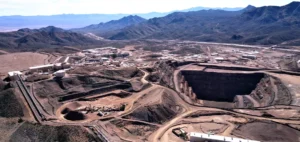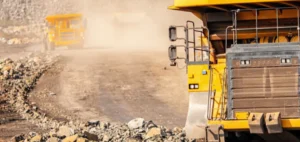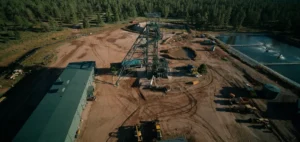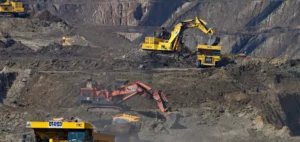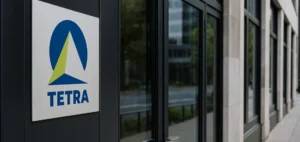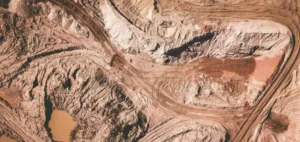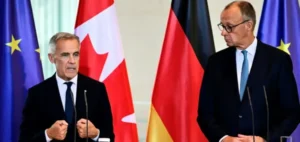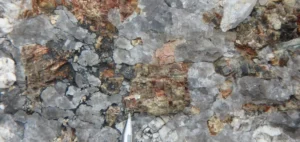The Indian government approved a budget of 1.8 billion euros to enhance its ability to secure strategic raw materials. These minerals, particularly lithium and cobalt, are critical for the electric vehicle and renewable energy industries. Currently, India imports most of these resources from China, but it aims to reduce its dependence on its major regional rival.
Objectives of the Indian Program
The program, supported by Prime Minister Narendra Modi, focuses on intensifying the exploration of essential raw materials both within India and off its coasts. This ambitious project includes financial incentives designed to boost local exploration and promote the recycling of mineral residues. According to the Indian Ministry of Mines, India aims to develop a more secure and self-sufficient supply chain for its strategic industries.
International Partnerships and Investments
In addition to local exploration, India plans to strengthen its partnerships with resource-rich countries. In 2024, an agreement was signed with Argentina for the exploration and production of lithium in the Catamarca province. This partnership marks an important step for India, which had not previously been directly involved in this sector internationally.
Discovery of a National Lithium Deposit
In 2023, India made a major discovery by locating its first lithium deposit in the Kashmir region, with reserves estimated at 5.9 million tons. This discovery could play a key role in the country’s efforts to reduce its dependence on lithium imports, particularly from China, and ensure a stable supply for its defense and electric transportation industries.









